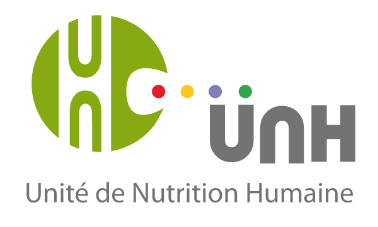UNH - ECREIN - Cellular Micro-Environment, Immunomodulation and Nutrition
Published on July 21, 2021 – Updated on July 23, 2021
Our work is in the field of nutritional prevention of neoplastic risk in relation to the immune response and the oxidative stress. The main objective is to characterise the response of immunocompetent cells (ICCs) to variations in their microenvironment in relation to the tumour. This approach will eventually allow us to optimise the response capacities of the ICCs through targeted nutritional interventions (plant bioactives, pre/probiotics, vitamin D, physical exercise) with a preventive and/or therapeutic aim.
Lab

ECREIN, UNH, UMR 1019 INRAE UCA,
UFR de Pharmacie,
28 place Henri-Dunant, BP38
63001 Clermont-Ferrand cedex 1